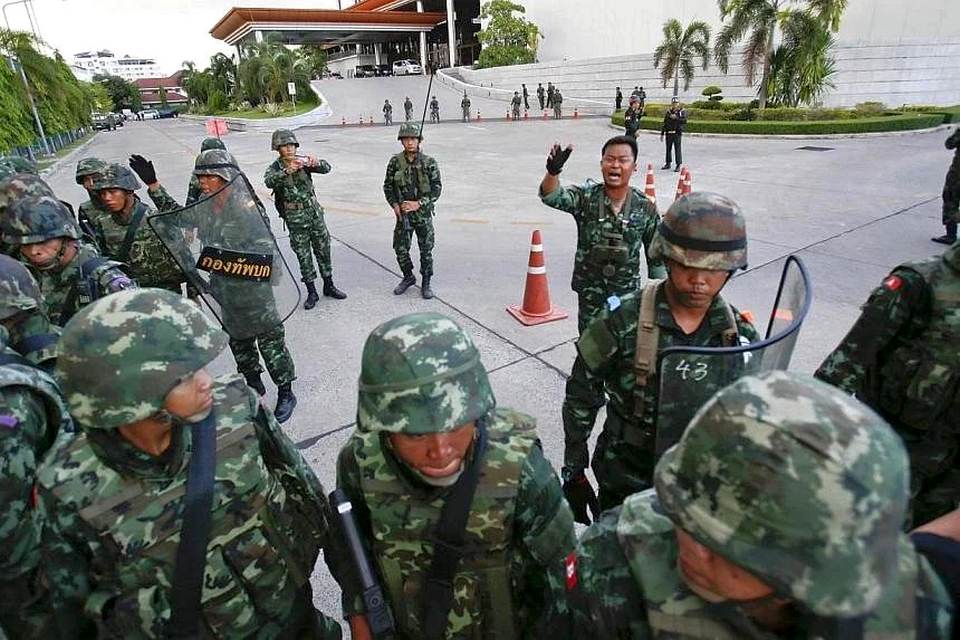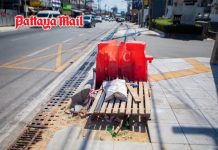
The possibility of yet another military putsch in Bangkok is currently being discounted as the political situation is still “normal”. Provided the next general election, scheduled for May 2023, is relatively peaceful, that will remain the situation. The hope is that pandemonium won’t break out in a disputed result.
According to coup historian Jens Bartelson, military intervention requires an exceptionally abnormal situation for justification. Typically, in Thailand, coup leaders over the years have used excuses such as corruption, anti-monarchist sentiment and street chaos in the capital to impose military rule. The last two coups in 2006 and 2014 saw the ongoing exile of two prime ministers, Thaksin Shinawatra and his sister Yingluck. They want to come back.
400 constituency seats and 100 party-list seats in the House of Representatives (a truly complex constitutional arrangement) are up for grabs at the next national poll. But the separate 250 members of the unelected, military-backed Senate can also vote for the position of prime minister. If the main opposition party, Pheu Thai with connections to the Shinawatra clan, can capture, say, 300-plus House seats, immediate opposition is likely to be mooted. The people will have spoken. Sort of anyway.
But some polls suggest that Pheu Thai may win the largest number of seats, but fall short of the 300 benchmark. In northern Thailand, the Bhumjaithai party (a current coalition partner) is popular with farmers and smallholders for pushing through the delisting of cannabis as a narcotic. The current prime minister General Prayut is chief strategist of the new United Thai Nation Party which has already attracted around 30 renegade MPs from other parties left and right. Party allegiances tend to be pliable in Thailand. Over 80 political parties, mostly tiny, will likely contest the election as a whole, but some will win the occasional seat as they are in the fiefdom of an influential politician. A handful of seats can be crucial in a close contest.
The political landscape would sour if none of the bigger parties clearly has a popular lead. What could well follow include allegations of vote rigging and buying which could turn into street demonstrations in the capital. The election of the new prime minister would be a particularly sensitive issue with military parties more than concerned that Thaksin’s daughter is a possible candidate nominated by Pheu Thai. Similarly, opposition parties are opposed to the return of General Prayut or his deputy General Prawit, the latter being the candidate for the ruling Palang Pracharath Party.
Political scientists yesterday told the Bangkok Post that military intervention was unlikely but could not be ruled out. Wanwichit Boonprong, from Rangsit University, said the danger would come if the opposition takes power but interferes in the military’s sphere of influence. Olarn Thinbangtieo, from Burapha University, said another coup would be difficult to justify and unpopular yet not impossible. For Thailand’s politics, the upcoming spring and summer will be a challenging time.





